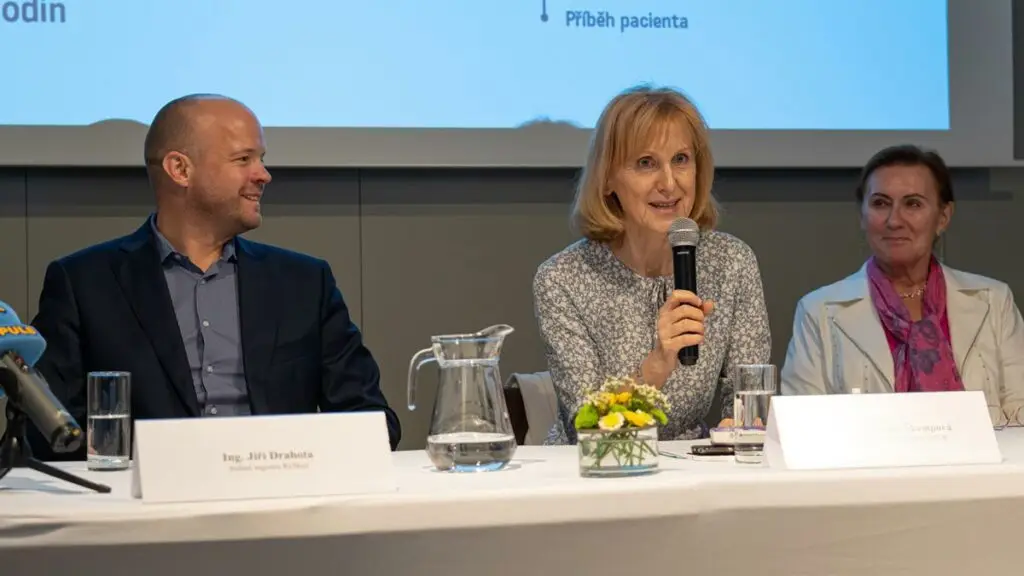If a person is diagnosed with multiple sclerosis (MS), it shouldn't matter whether they live in Cheb, Kolín, or Frýdek-Místek—they should receive the same care at all centers across the Czech Republic. Thanks to the ReMuS Registry, which monitors how patients are treated at all 15 specialized centers, a unified approach to care is being achieved. The goal of neurologists is to ensure quality care regardless of where patients live, and they have established clear guidelines to achieve this. New data from ReMuS is traditionally published on World MS Day, May 30th. A photo gallery from the entire press conference is also available for you below.
Speakers at the press conference
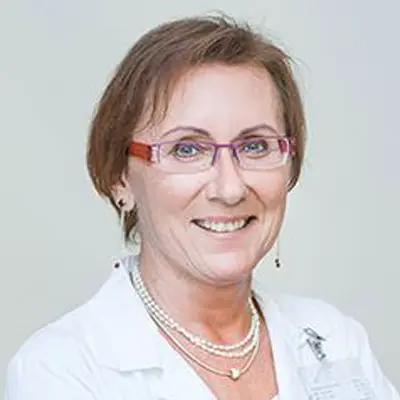
prof. Eva Kubala Havrdová, MD, D.Sc.
General University Hospital in Prague
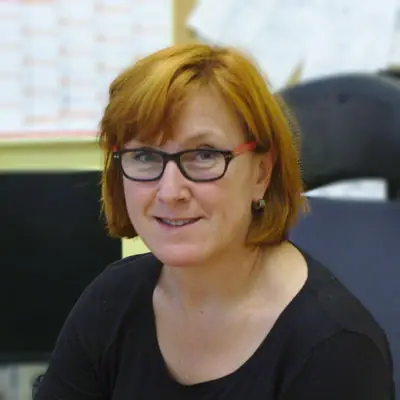
prof. Dana Horáková, MD, Ph.D.
General University Hospital in Prague
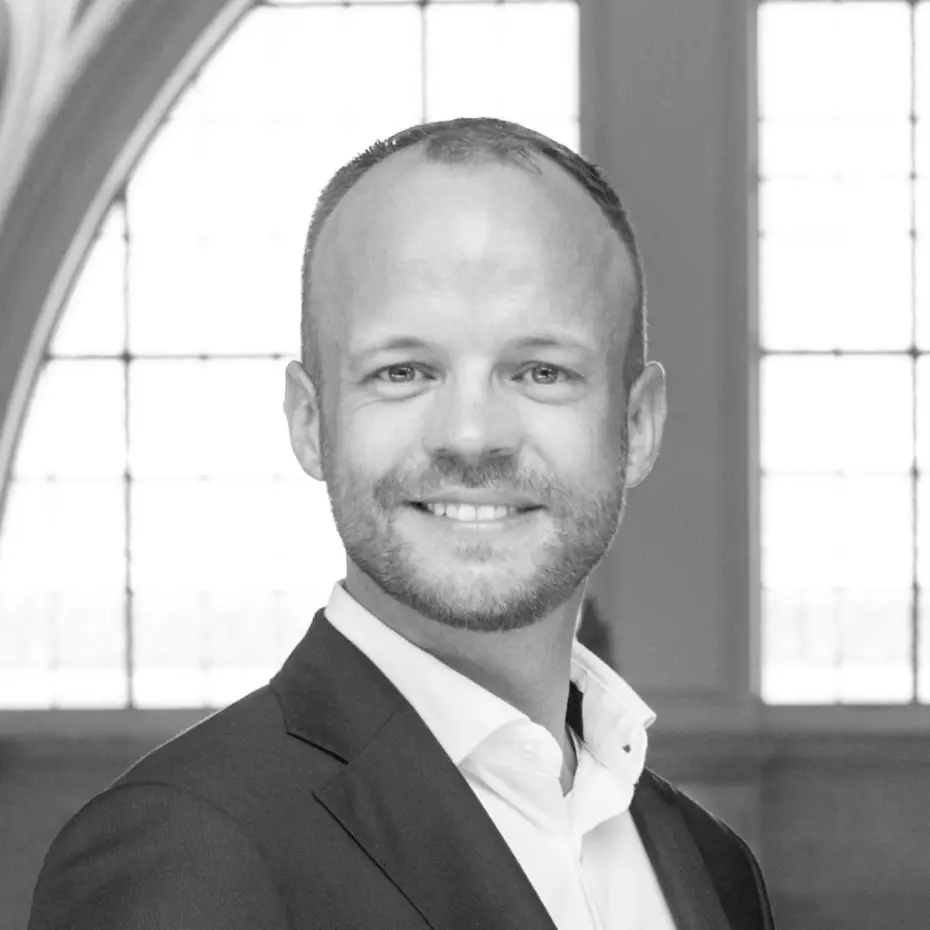
Jiří Drahota, M.Sc.
ReMuS Registry
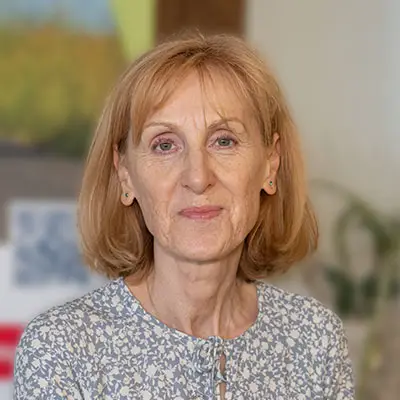
Venuše Škampová, M.Sc.
The Czech Republic Ministry of Health
With a support of new clinical guidelines and the ReMuS Registry
"For serious diseases like multiple sclerosis, it's essential to provide comprehensive lifelong care. While it's not feasible to have a highly specialized center in every city, it’s also not practical for all patients to travel only to Prague or Brno. The solution is to establish a number of specialized centers across the country, but these must all offer comparably high-quality care." says the ReMuS Registry Scientific Supervisor, prof. Dana Horakova, MD, Ph.D. "The registry allows us to get a clear view of what's happening in different locations. Comparing patient pathways and treatment progress with other centers motivates them positively. It helps align individual steps to ensure that patients receive the same high-quality care everywhere." Through systematic comparison (benchmarking), each MS center receives feedback on its performance. For example, they can see how many patients return due to relapses, meaning a recurrence of the disease. "If one center has 2% of patients returning due to a relapse in a year, while another has 50%, it’s clear that something is wrong," explains prof. Horáková.
According to the director of the ReMuS registry, Jiří Drahota, the registry helps to identify weaknesses in the healthcare system. For example, data may reveal that while a center quickly initiates treatment for patients, it takes longer for patients to actually access the MS center in the first place.
One of the current steps neurologists have taken to unify care is the creation of recommended guidelines that centers should follow. "These guidelines are based on the latest scientific knowledge and aim to support the improvement of patient care quality," says Prof. Eva Kubala Havrdová, head of the Demyelinating Diseases Center at the Neurological Clinic of the 1st Faculty of Medicine, Charles University and General University Hospital in Prague. She also mentions a recent project where, in collaboration with neuroradiologists, they standardized the protocol for MRI procedures. "Every hospital had its system, and it turned out that some patients were not being properly monitored. The new guidelines clearly specify what should be done during MRI for each MS patient and how often. Now, all centers should monitor patients using imaging methods uniformly," explains Prof. Havrdová. All 15 centers will undergo a process next year where they must reapply for certification as highly specialized centers. To receive this designation, they must treat a certain number of patients and have an adequate number of trained doctors, nurses, physiotherapists, and psychologists. However, all centers are struggling with a shortage of these specialists.
The Czech Ministry of Health is also striving to ensure that patients in highly specialized care centers receive the same standard of care. "We have developed a guideline that clearly outlines what a facility must meet to be called a highly specialized center. This status is not lifelong—over time, facilities must prove that they meet the needs of patients and care providers. Therefore, we regularly review how each center operates to identify what is working well and what needs improvement. Thanks to so-called quality indicators, we can compare individual centers," explains Venus Skampa, Director of the Department of Health Care at the Ministry of Health. This process will affect MS treatment centers next year. The registry now monitors 21,537 patients (71.1% women and 28.9% men), which is approximately 1,000 more compared to 2022. Of these, 15,915 people are on biological treatment. About a third of patients have the so-called progressive form of the disease. The average age of registered patients at the time of disease onset was just under 33 years. The highest number of patients was from Prague (3,161), and the lowest (465) from the Karlovy Vary region. More than half (61.56%) of users of biological treatment were working full-time. Among those not on biological treatment, 36.01% managed full-time employment. "In international comparisons, ReMuS is among the best. The data is used in many research projects, helping to map the disease, assess drug efficacy, and ensure safety. It also helped us respond to unexpected situations, such as COVID-19," adds Jiří Drahota.
Partners supporting the press conference
Press Release
Press Conference Photogallery















